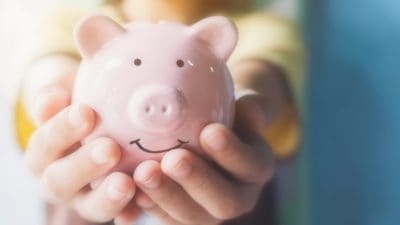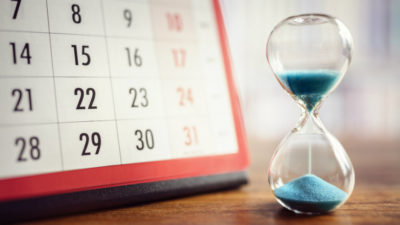In the future, some will remember the pandemic as a time when people lost jobs and budgets were tight. Others, however, will look back and remember it as the years they got rich.
Indeed, as astonishing as it sounds, the world actually got richer during lockdowns and travel restrictions. Across the globe, the number of billionaires jumped above 3,000 (a 13.4% increase), with their collective wealth increasing to $10 trillion. In North America alone the number of billionaires grew by 17.5% from 2019, making it home to around 30.6% of the world’s billionaires.
In Canada, the story wasn’t much different. According to a report by BMO Capital Market, the net worth of Canadian households swelled above $2 trillion during the pandemic. Broken down by unit, the average Canadian household now has $1 million in assets. And yes — that’s after taking debts into consideration.
Are we really wealthier?
If these numbers were released during a time of economic stability, then surely we could all loosen up a bit, buy that new Tesla we’ve been looking at, maybe even splurge on an Apple Watch or Peloton. Unfortunately, however, that’s not the case.
The Canadian economy is a lot of things right now, but stability isn’t one of them. Inflation rates are the highest they’ve been since 2003, with everything from used cars to furniture and household appliances taking a jump in price. The pandemic may seem like it’s in the rearview mirror for some, but for others it seems to have wheels, continuing to upset everyday lives, even as it feels “hindsight.” We may have emerged from the pandemic feeling richer, but now’s not the time to let our guard down, as we may still be in the thick of it.
And then there’s the housing shortage. In fact, in many ways, the housing bubble may be the reason we’re all feeling so filthy rich. With the demand for housing through the roof from B.C. to Nova Scotia, the equity on our homes has never been higher. You may have bought your home for $600,000 in 2011. But in 2021 that same home—with almost nothing added or taken away—could very well sell for $1.2 million.
If you can lock in those gains and pocket the profits, great. If you can’t, your equity is only numbers. When the housing bubble bursts—deep down, we know it’s bound to happen—you may find your equity to be much lower than before, especially if you’ve done nothing to make it higher.
If that’s the case, your debt-to-asset ratio would be much higher, your net worth lower, both of which would deflate any feelings of wealth you may have had.
What should you do?
I wouldn’t go on a shopping spree just yet. Nor would I consider my net worth, if it’s heavily influenced by home equity, to be stable and fixed. At this point, with the election over and countries opening up to travel again, I’d continue to practice thrifty budgeting techniques and keep major purchases to a minimum.
Look, I’m all for splurging a little here and there. After all, we just spent an entire year behind closed doors—but only if it’s within reason. In a world that continues to exhibit volatility and uncertainty (just look at China and Evergrande) it doesn’t seem wise to live a wealthy lifestyle, especially if that wealth is an illusion.








